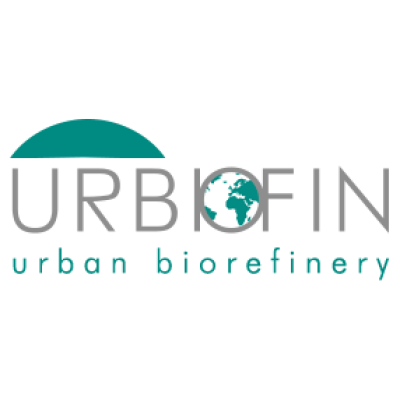
URBIOFIN
Demonstration of an integrated innovative biorefinery for the transformation of Municipal Solid Waste (MSW) into new BioBased products (URBIOFIN)

Demonstration of an integrated innovative biorefinery for the transformation of Municipal Solid Waste (MSW) into new BioBased products (URBIOFIN)
Each person in Europe generates an average of 500 kg of municipal solid waste (MSW) per year. Around 50 % of this is organic waste, made up of carbohydrates, proteins, and lipids, all of which represent useful raw materials for creating valuable products. In addition, converting these will reduce the polluting effects and contribute to the shift to a genuine circular economy.
Digesting and composting have helped reduce the biodegradable fraction of MSW sent to landfills. However, the low economic value of compost and biogas leads to higher taxes for citizens to support separate sourcing systems, slowing potential adoption. However, new bio-based products can help to improve the sustainability of such approaches.
The URBIOFIN project has demonstrated the techno-economic and environmental viability of converting the organic fraction of MSW at a semi-industrial scale. It has created chemical building blocks, bio-based polymers, and additives using the urban biorefinery concept applied to MSW. Ultimately, URBIOFIN has offered a new feasible and more sustainable scenario for the current treatment of the organic fraction of municipal solid waste.